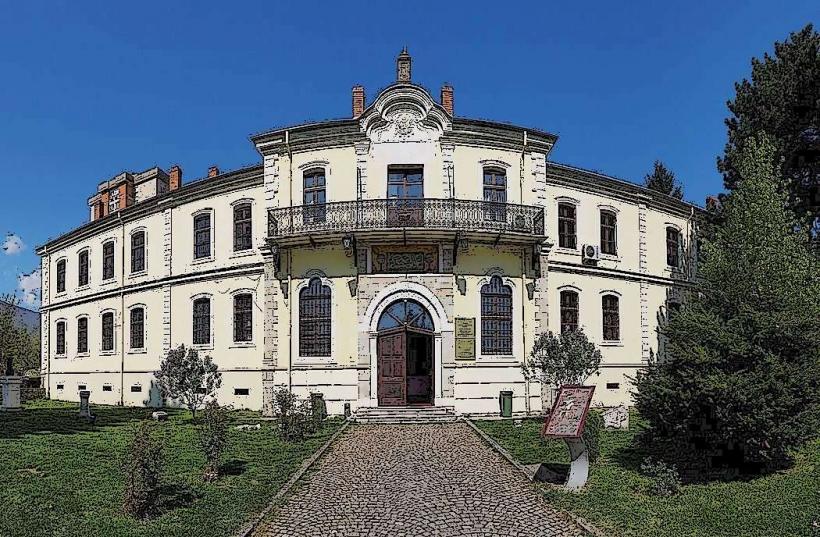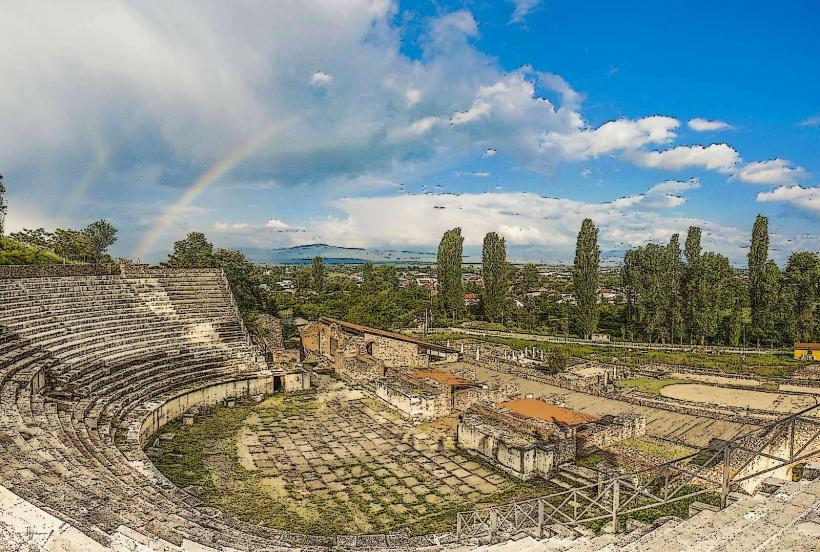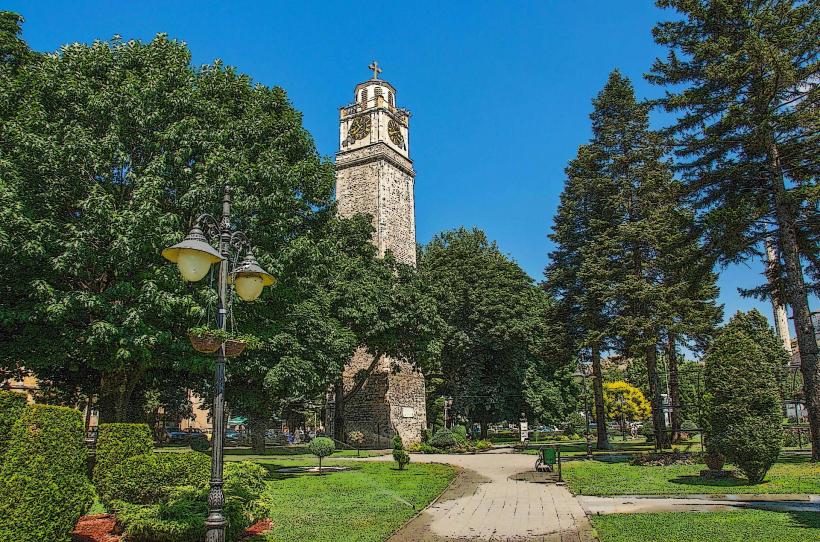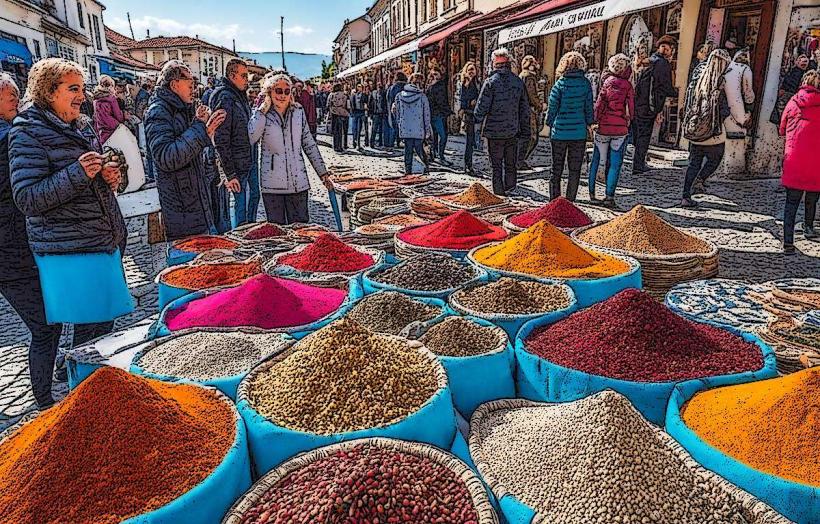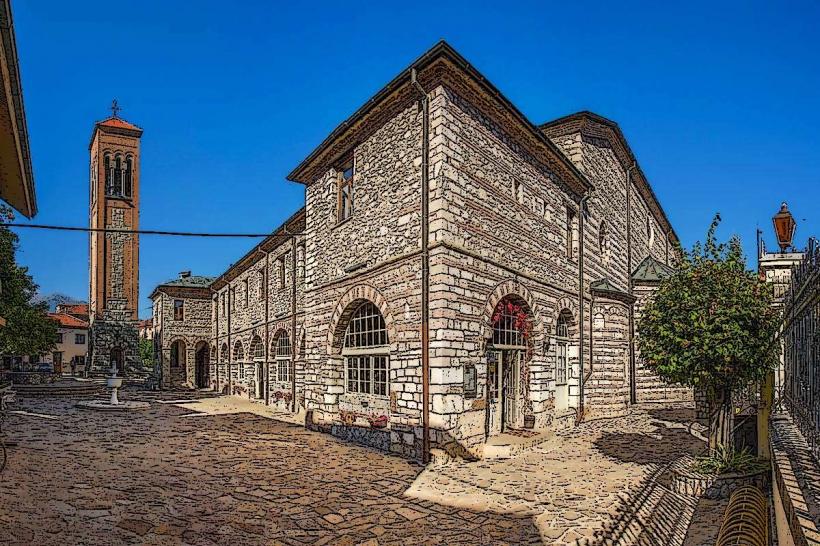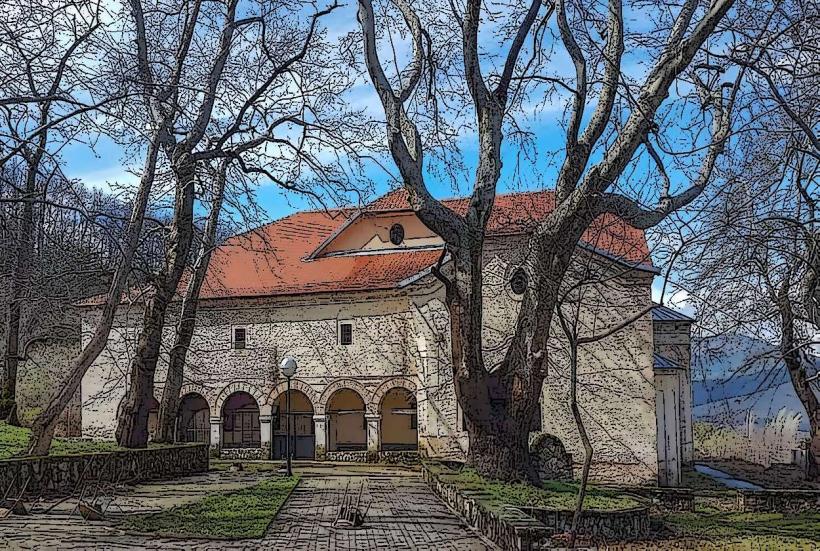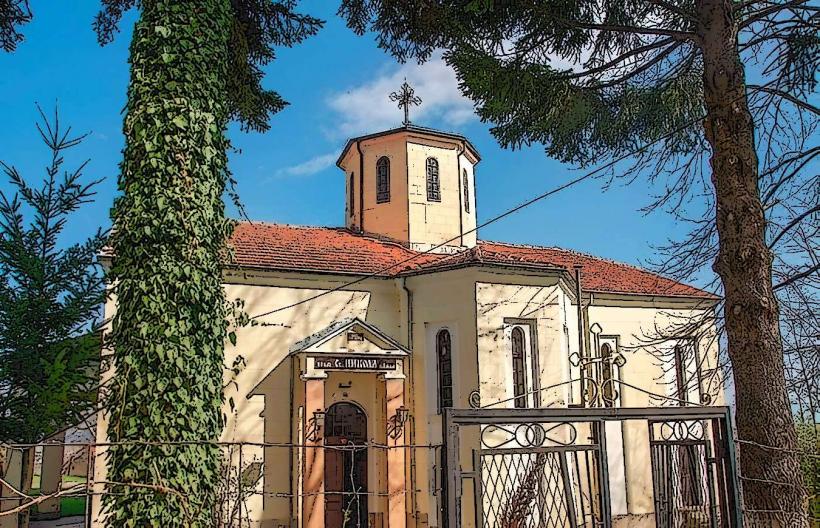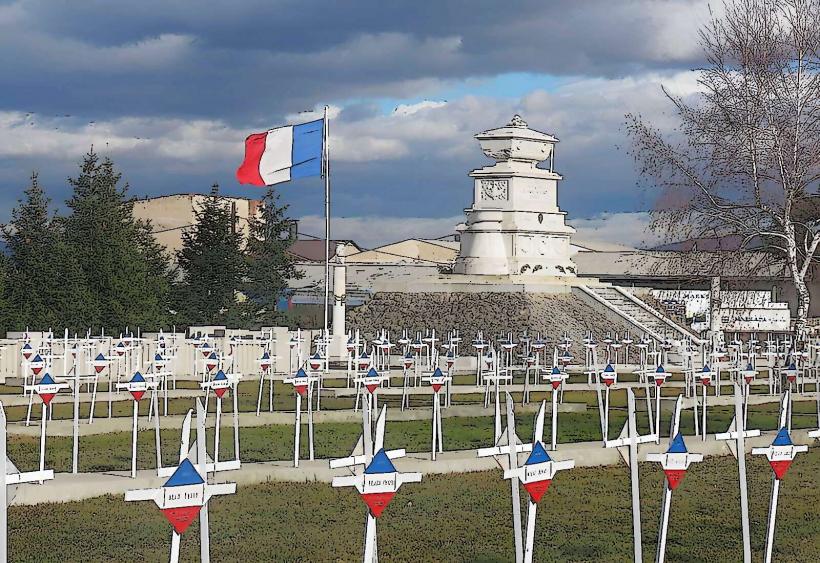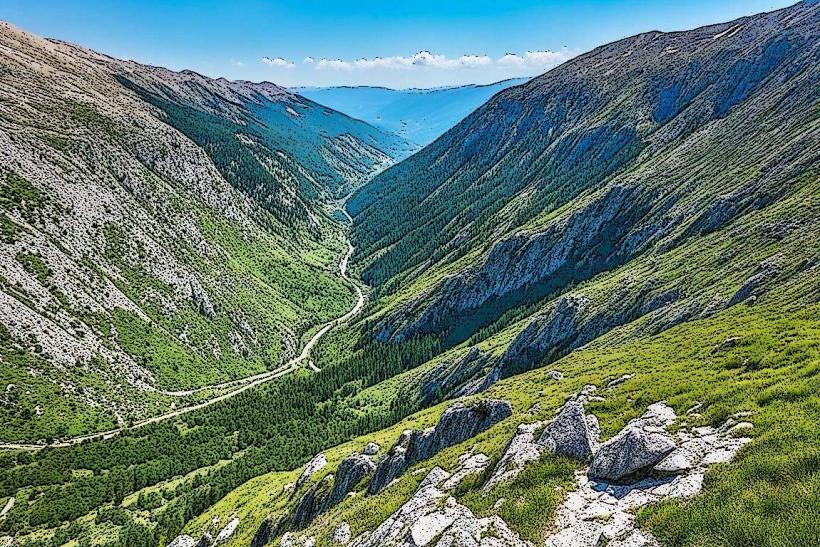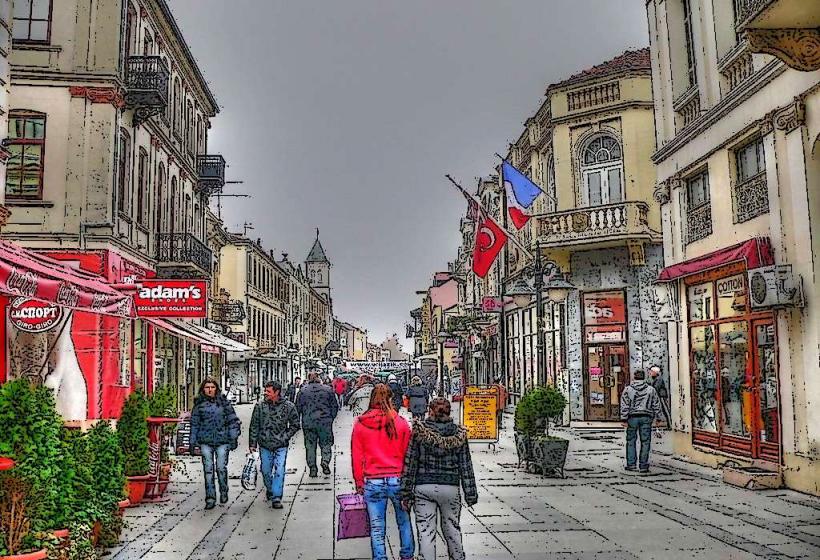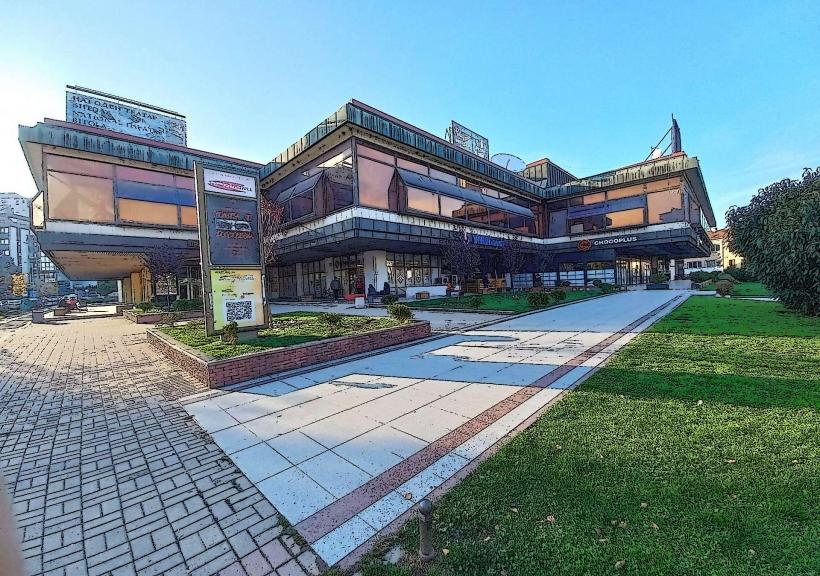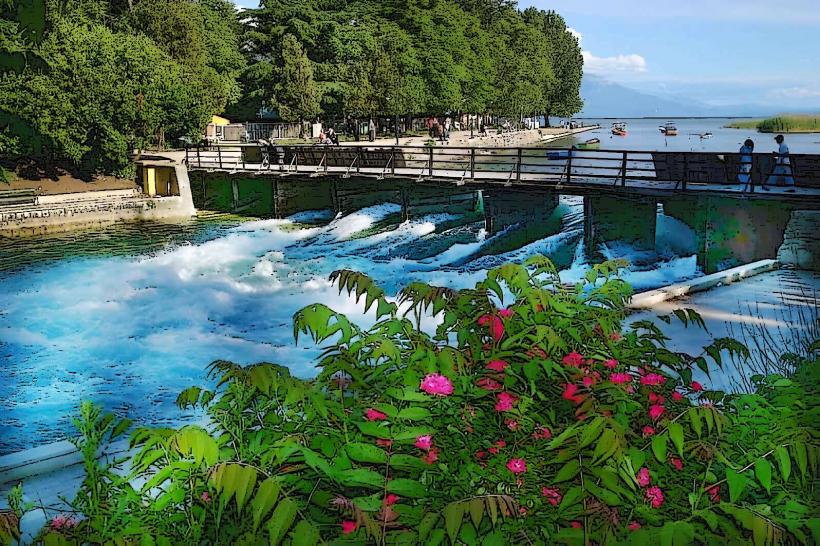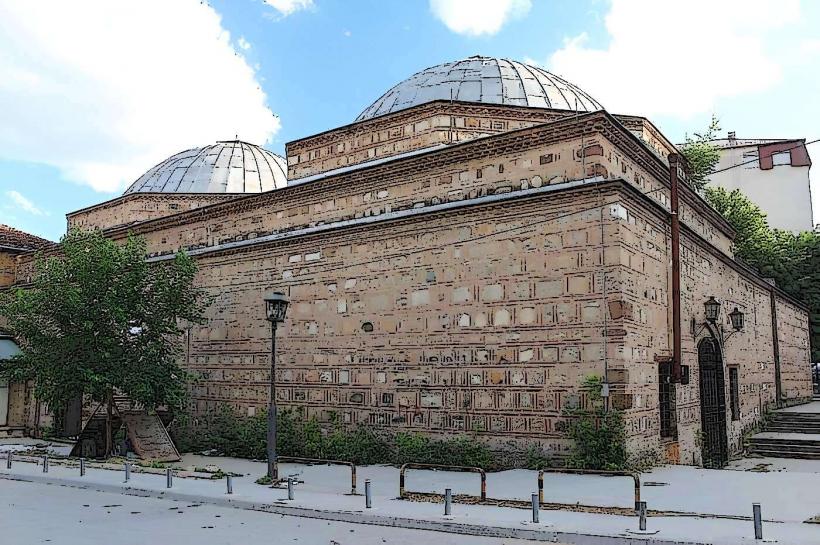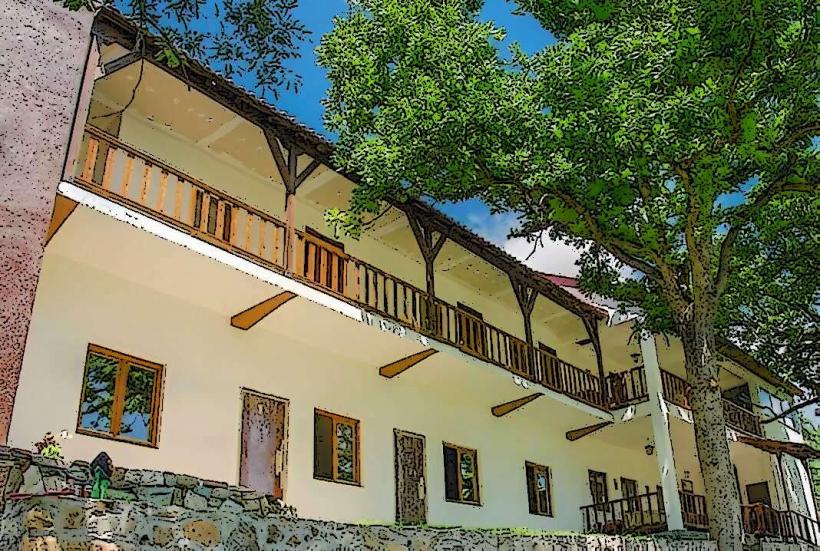Information
City: BitolaCountry: North Macedonia
Continent: Europe
Bitola, North Macedonia, Europe
Bitola functions as the primary cultural and diplomatic pivot of southwestern North Macedonia. Situated at the foot of Mount Pelister in the Pelagonia Valley, it serves as a specialized node for consular history, early cinematography, and high-altitude alpine tourism. It is defined by its moniker "City of Consuls," its well-preserved Roman mosaics at Heraclea Lyncestis, and its 2026 role as a strategic terminal for the REK Bitola energy complex and expanded Eurozone trade logistics.
Historical Timeline
4th Century BC: Founded as Heraclea Lyncestis by Philip II of Macedon; later became a vital station on the Roman Via Egnatia.
1382–1912: Ottoman Period; known as Monastir, it functioned as a major military and administrative center where Mustafa Kemal Atatürk attended the military academy.
1905: The Milton and Yanaki Manaki brothers filmed the first motion pictures in the Balkans, establishing Bitola as a cinematic pioneer.
2026 Context: Bitola is currently undergoing a specialized industrial transition, focusing on the €21.7 million wastewater treatment plant project (commenced late 2025) and the 2026 modernization of the Prilep-Bitola road link under Corridor 10D.
Demographics & Population
The urban population is approximately 69,300, with the wider municipality housing roughly 85,160 (2026 estimate). The demographic is 81% ethnic Macedonian, with significant Roma, Albanian, Vlach, and Turkish minorities. Bitola maintains a specialized intellectual profile, hosting the St. Clement of Ohrid University and a high concentration of bilingual professionals due to its consular history.
Urban Layout & Key Districts
Širok Sokak (Wide Street): The specialized pedestrian spine of the city; an elegant promenade lined with 19th-century neoclassical buildings that formerly housed European consulates.
Stara Čaršija (Old Bazaar): A specialized trade district across the Dragor River; the second-largest Ottoman bazaar in the country, featuring a medieval Bezisten (covered market).
Magnolia Square: The central junction where the Clock Tower and major Ottoman mosques converge; the city's primary social and political meeting point.
Bairi: A specialized residential district on the slopes of the hill, known for its traditional architecture and views of the Pelagonian plain.
Top City Landmarks
Heraclea Lyncestis: A specialized archaeological site on the southern outskirts; features some of the world's best-preserved 4th–6th century mosaics and a functional Roman theater.
The Clock Tower (Sahat Kula): A 33-meter specialized landmark built in the 17th century; legend states that 60,000 eggs were mixed into the mortar to ensure its structural permanence.
National Museum (Old Military Academy): A specialized 1848 structure where Atatürk studied; houses a dedicated memorial room for the founder of modern Turkey.
Ishak Çelebi Mosque: A specialized 1506 structure and the largest mosque in Bitola, featuring a 49-meter minaret and an impressive 14-meter dome.
Pelister National Park: 15 mins away; a specialized alpine zone famous for the Molika pine (a five-needle endemic species) and the "Pelister Eyes" glacial lakes.
Transportation & 2026 Logistics
Road Link: Bitola is a primary node on the A3 state road. In 2026, the temporary traffic regime on the Prilep-Bitola section is in effect to facilitate the expansion of Corridor 10D.
Rail: A vital terminus on the Veles-Bitola line; 2026 planning includes feasibility studies for the restoration of the rail link to Florina, Greece.
Regional Hub: 14 km from the Medžitlija-Níki border crossing with Greece; serves as the primary logistical base for cross-border trade in the southern Pelagonia region.
Safety & Environment
The general safety level is high. Warning: Bitola experiences significant air quality degradation in winter (November–February) due to the valley's temperature inversion and emissions from the nearby REK Bitola thermal plant. In 2026, the city operates the "Pelister Air" monitoring system to provide real-time smog alerts.
Local Cost Index (2026 Estimates)
1 Espresso on Širok Sokak: €1.80 – €2.50
1 Traditional Lunch (Tavče Gravče): €5.50 – €8.50
Heraclea Lyncestis Entry: €2.50
Taxi (City Center to Heraclea): €3.00 – €4.50
Monthly Rent (1-BR Center): €230 – €380
Facts & Legends
Bitola is the site where the first motion picture camera in the Balkans was operated. Legend states that the city’s name comes from the Old Church Slavonic Obitel, meaning "monastery," due to the 70 monasteries that once surrounded the valley. A verified fact is that Bitola’s Širok Sokak was specifically designed to be wide enough for the horse-drawn carriages of European diplomats to turn around comfortably. Historically, the city was so influential that it was considered a candidate for the capital of Macedonia before Skopje was selected.

